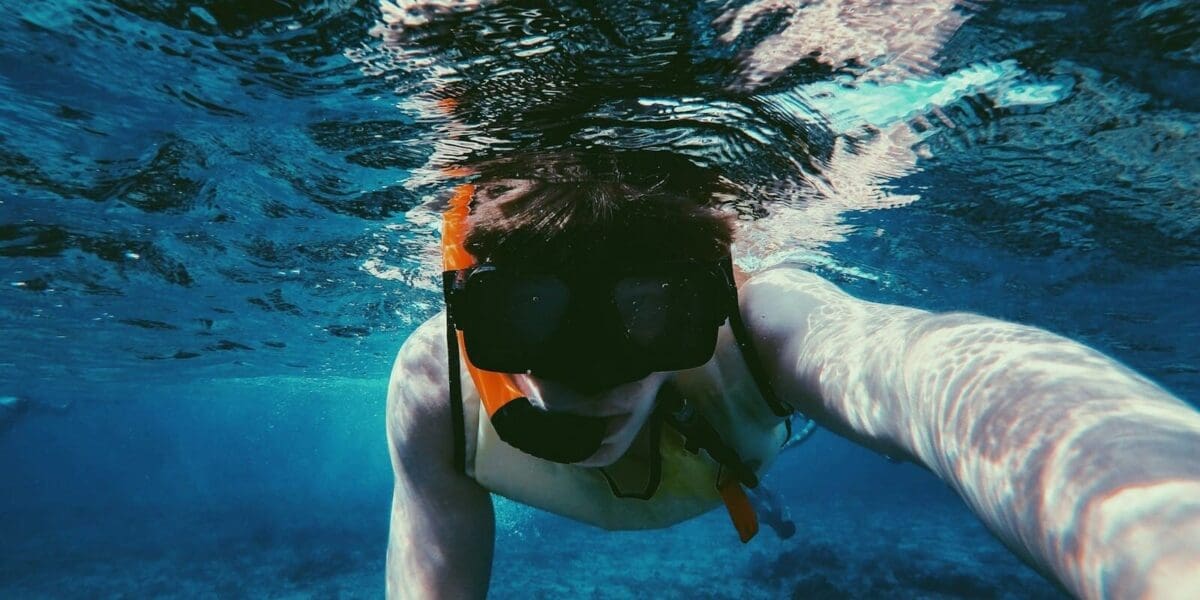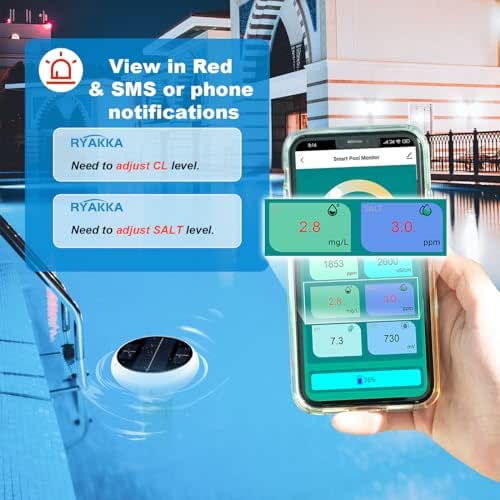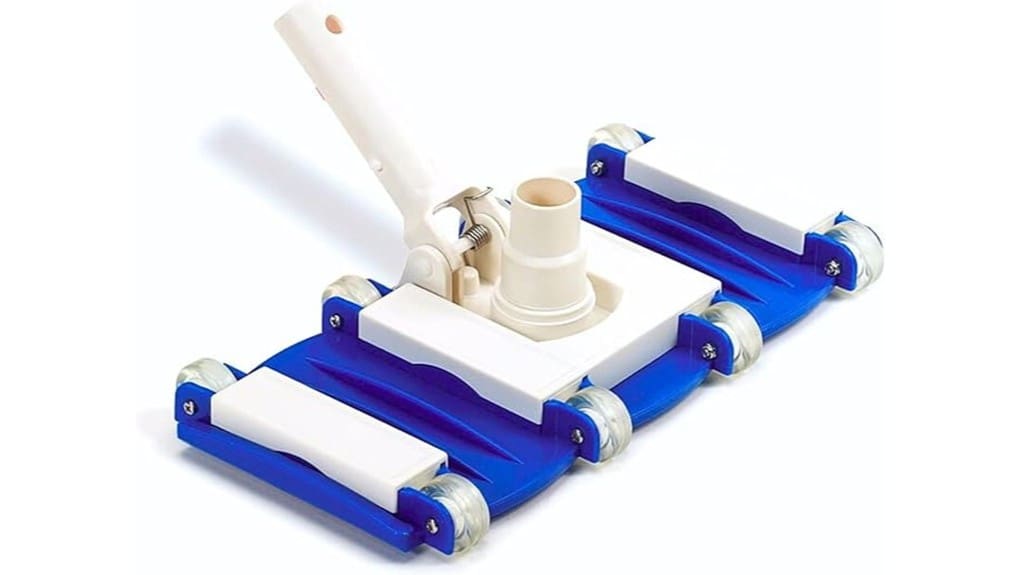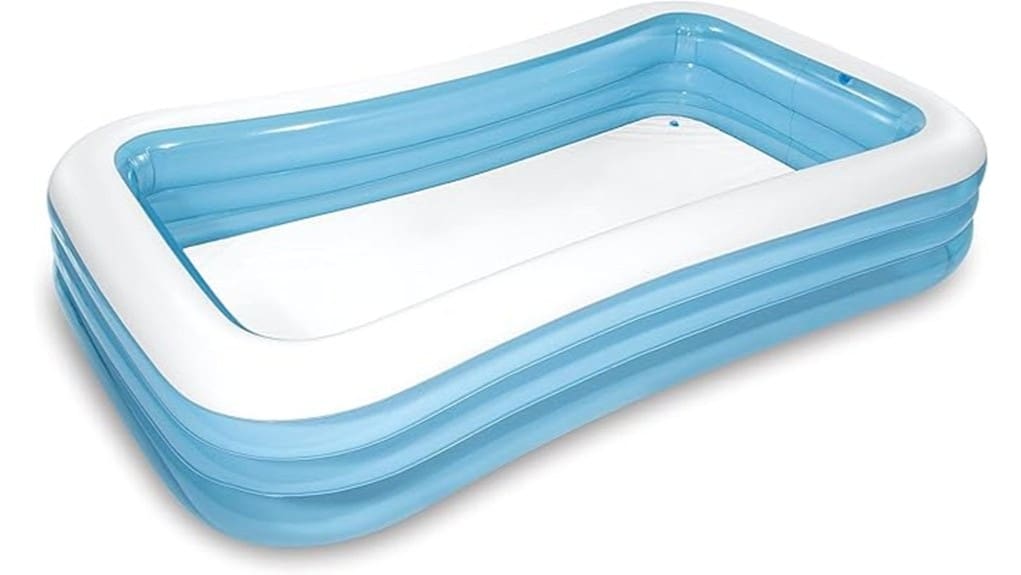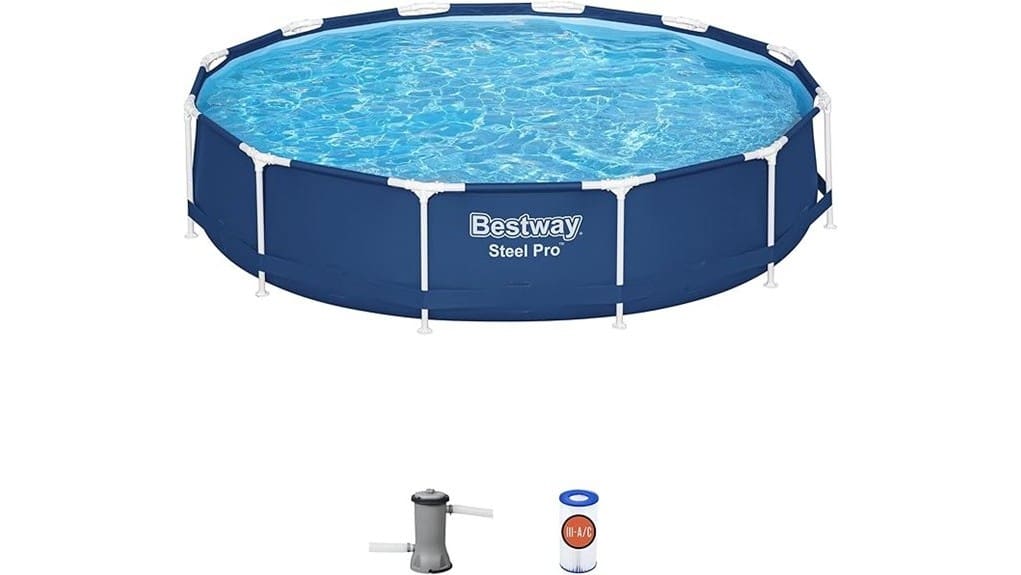Coincidentally, have you ever wondered how to keep your pool free from pesky algae? Dive into expert tips that will help you maintain a sparkling pool all year round. By understanding the root causes of algae growth and implementing effective prevention strategies, you can ensure a hassle-free pool maintenance routine. Stay tuned to uncover practical methods for removing algae, the benefits of fibreglass pools in algae prevention, and early warning signs to watch out for. Get ready to transform your pool into a pristine oasis with these valuable insights.
Key Takeaways
- Maintain proper chlorine levels and water balance to prevent algae growth.
- Regularly clean and brush pool surfaces to avoid algae infestations.
- Use algaecide, shock treatments, and proper filtration for effective algae removal.
- Implement prevention measures like debris removal and ensuring good water circulation.
Understanding Algae in Pools
If you own a pool, understanding the origins and types of algae that can infiltrate your pool water is essential for maintaining a clean and safe swimming environment. Algae spore sources can vary, including soil, plant debris, or even swimwear. These spores thrive in ideal growth conditions, such as warm and sunny weather. Factors like inadequate filtration, low chlorine levels, or poor water circulation can trigger algae blooms. Different types of algae, like black, green, pink, and yellow algae, require specific treatment methods for removal. To combat algae effectively, addressing pool balance and chemical levels is crucial. By staying vigilant and maintaining optimal conditions, you can prevent algae from taking hold in your pool and ensure a pristine swimming environment.
Causes and Prevention of Algae Growth
Understanding the causes and prevention methods for algae growth in pools is essential for maintaining a clean and healthy swimming environment. Here are key factors to consider:
- Algae bloom triggers include warm temperatures, sunlight, nitrates, and out-of-balance chemicals.
- Poor water circulation, filtration, and sanitation contribute to rapid algae growth.
- Algae spores thrive on carbon dioxide and contaminants present in pool water.
- Maintaining proper chlorine levels, balancing water, running filtration systems, and adding algaecide are crucial for algae prevention.
Methods to Remove Algae From Pools
To effectively remove algae from pools, start by checking and balancing the pool chemistry before proceeding with treatment. Vacuum the pool weekly, scrub walls and floors daily, and use granular chlorine, algaecide, and shock treatments for algae removal. Shock the pool to eliminate suspended algae, consider using flocculent and clarifier for green water algae. Brush and scrub pool surfaces, shock with high chlorine levels, use algaecides, vacuum the pool, and backwash the filter for effective removal. Explore algae resistant treatments and materials to prevent future infestations. Implementing these methods diligently will help maintain a pristine and algae-free pool environment, ensuring enjoyable and safe swimming experiences.
Fibreglass Pools and Algae Prevention
Maintain an algae-free fibreglass pool by leveraging its smooth surface resistance to algae growth. Fibreglass pools offer numerous benefits and require specific maintenance to prevent algae. Here are key points to consider:
- Smooth Surface Advantage: The smooth surface of fibreglass pools resists algae growth, making maintenance easier.
- Algae Resistant Surfaces: Fibreglass pools inherently deter algae due to their non-porous surfaces.
- Vantage Self-Cleaning System: Utilize the Vantage System to reduce chemical usage and eliminate algae-prone dead spots.
- Proper Maintenance: Ensure proper water balance and regular cleaning to maximize the algae resistance of your fibreglass pool.

Importance of Algae Prevention
Why is algae prevention crucial for maintaining a healthy and aesthetically pleasing pool environment? Preventing algae growth not only ensures crystal-clear water but also saves you from health risks and costly treatments. Algae-infested pools can lead to skin irritation, respiratory problems, and even infections. Additionally, the economic impact of algae outbreaks can be significant, requiring expensive chemicals and increased maintenance. By proactively maintaining proper chlorine levels, balanced water, and regular cleaning, you can enjoy the health benefits of a safe swimming environment while avoiding the hassle of dealing with algae-related problems. Take a look at the table below for a quick overview:
| Importance of Algae Prevention | Benefits |
|---|---|
| Healthier pool environment | Reduced health risks |
| Aesthetically pleasing appearance | Lower maintenance costs |
| Economic savings | Avoidance of time-consuming treatments |
Signs of Algae in Pools
Keeping an eye out for specific signs can help you detect algae presence in your pool early on. Here are some key indicators to watch for:
- Discoloration: Algae can cause your pool water to change color, often appearing green, yellow, or even pink.
- Cloudy Water: Algae blooms can make your pool water appear murky and unclear.
- Slimy Surfaces: Algae growth can result in slippery and slimy surfaces along the pool walls and floor.
- Unpleasant Odor: A strong, musty smell emanating from your pool could indicate the presence of algae.
Regular algae monitoring techniques and maintaining optimal pool water quality are essential to catch these signs early and prevent algae from taking over your pool. Utilizing algae resistant materials and staying updated on algae treatment innovations can further help in keeping your pool algae-free.
Conclusion
Now that you have learned the importance of keeping your pool algae-free, you can enjoy a clean and clear swimming experience all year round. By understanding how algae spores enter your pool, preventing algae growth, and using effective removal techniques, you can maintain a pristine pool environment effortlessly. Remember to regularly check your chemical levels, look out for early signs of algae, and take proactive steps to prevent any infestations. Enjoy your crystal-clear pool!
Questions & Answers

Q: Can Certain Types of Landscaping Around the Pool Contribute to Algae Growth?
Certain types of landscaping features around your pool can indeed contribute to algae growth. Pool surroundings with dense vegetation or trees can lead to more organic debris falling into the pool, providing nutrients for algae. To prevent this, maintain proper distance between plants and the pool, regularly clean up any fallen leaves or debris, and ensure good water circulation to minimize the risk of algae thriving in your pool.
Q: How Do Different Types of Pool Covers Affect Algae Growth in Pools?
When it comes to pool maintenance, the type of pool cover you use can impact algae growth. Pool covers that trap heat and moisture create ideal conditions for algae to thrive. Proper water circulation is key to preventing algae, so choose a cover that allows for good airflow. Regularly remove the cover, clean it, and ensure your pool stays well-aerated to discourage algae growth.
Q: Are There Any Specific Algae Prevention Methods for Pools Located in Areas With High Levels of Sunlight?
To prevent algae in sunny areas, ensure adequate water circulation, filtration, and proper shading. Shield your pool from direct sunlight and apply sunscreen to reduce algae growth. Regularly clean pool surfaces, maintain balanced chemical levels, and use algaecide as needed. Effective filtration and circulation help combat algae in high-sunlight regions. Stay proactive with maintenance to keep your pool algae-free and enjoyable year-round.
Q: Can Certain Types of Pool Toys or Equipment Promote Algae Growth in Pools?
Certain types of pool toys or equipment, if not properly maintained, can promote algae growth in pools due to the organic matter they may introduce. Be diligent in cleaning and sanitizing pool accessories regularly to prevent algae development. Ensure pool chemicals are balanced, and maintain proper water circulation to deter algae growth. Regularly inspect and clean pool toys and equipment to keep your pool algae-free and enjoyable for swimming.
Q: How Does the Ph Level of Pool Water Impact the Likelihood of Algae Growth?
Maintaining proper chemical balance in your pool water is crucial for preventing algae growth. When pH levels are off, it can create an environment where algae thrive. Inadequate water circulation also contributes to algae blooms. Ensuring that your pool has the right chemical balance and proper water circulation will help keep algae at bay and maintain a clean and inviting swimming environment.
